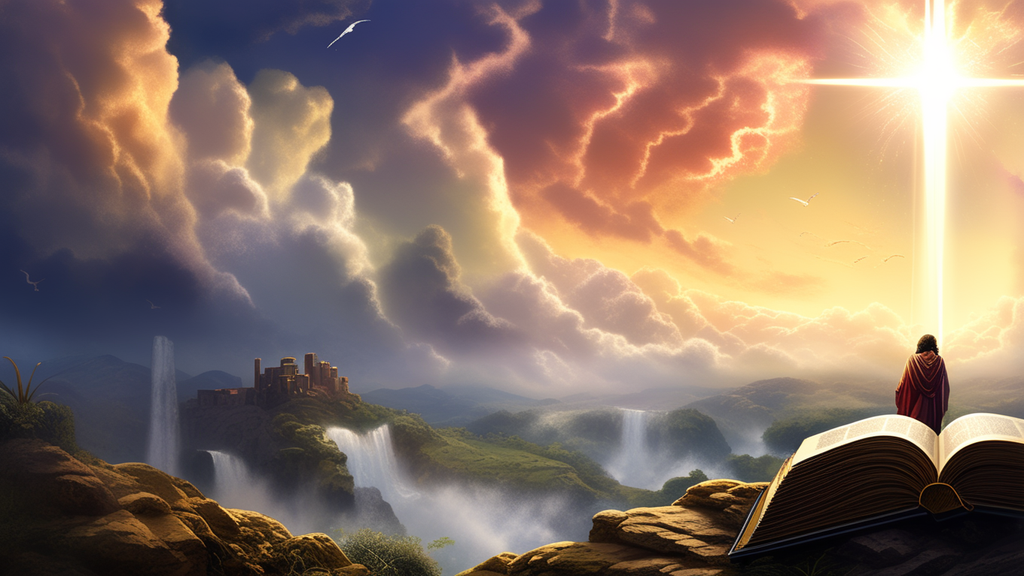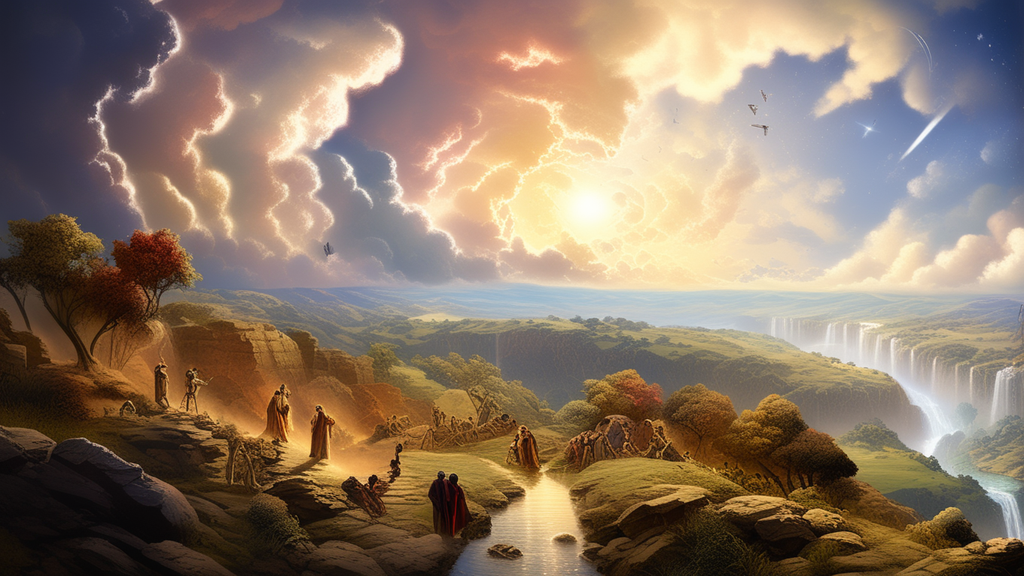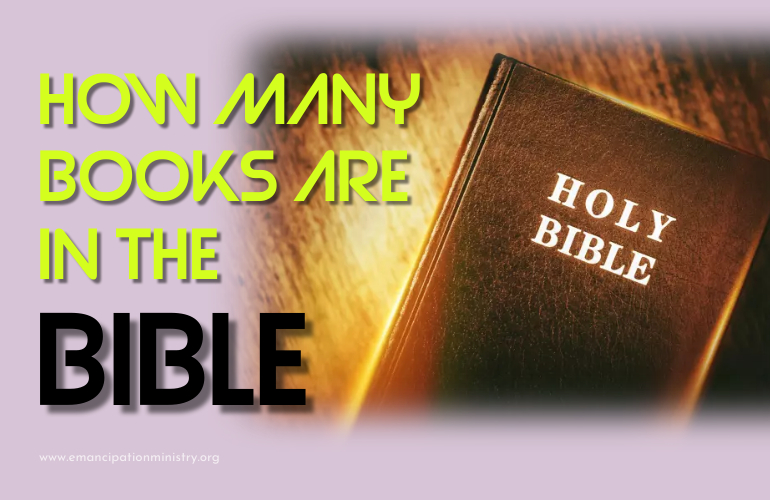Contents
How many books are in the Bible?
A great source of knowledge, direction, and inspiration, the Bible is held in high regard by millions of people worldwide. A frequent query that comes up as we explore the nuances of this antiquated text is: How many books are there in the Bible? We will examine the Bible’s divisions and structure in this extensive guide, as well as provide insight into how many books are actually included in it.
Understanding the Structure of the Bible
The Old Testament and the New Testament are the two primary portions of the Bible. Jewish and Christian holy books can be found in the Old Testament, whereas the life, teachings, death, and resurrection of Jesus Christ are the main subjects of the New Testament. Allow us to dissect each testament so that we can see the bigger picture.
The Old Testament:
Poetry, regulations, prophecies, and historical accounts are all found in abundance in the Old Testament, an ancient scripture. It is comprised of 39 distinct books, each of which adds to the intricate web of historical and religious stories. The Old Testament contains a number of important books, including Isaiah, Proverbs, Psalms, Genesis, and Exodus.
Here’s a quick breakdown of the categories within the Old Testament:

-
- Pentateuch (Torah): Comprising the first five books—Genesis, Exodus, Leviticus, Numbers, and Deuteronomy—this section provides the foundation for the Judeo-Christian faith.
-
- Historical Books: Chronicle the history of the Israelites, including books like Joshua, Judges, Samuel, and Kings.
-
- Wisdom Literature: Books like Job, Psalms, and Proverbs offer insights into human experiences, ethics, and God’s wisdom.
-
- Major and Minor Prophets: Isaiah, Jeremiah, Ezekiel, and the twelve minor prophets (e.g., Hosea, Joel, and Amos) convey God’s messages and warnings to His people.
The New Testament:
The New Testament, a testament to the life and teachings of Jesus Christ, consists of 27 books. These books are further categorized into the following:
-
- Gospels: Matthew, Mark, Luke, and John recount the life, teachings, death, and resurrection of Jesus.
-
- Acts of the Apostles: Chronicles the early history of the Christian Church.
-
- Epistles (Letters): Written by apostles like Paul, Peter, and John, these letters provide guidance and instructions to early Christian communities.
-
- Revelation: The final book, often considered apocalyptic, unveils visions of the future.
Total number of books in the Bible:
So, the answer to the question, “How many books are in the Bible?” is a combination of the Old and New Testaments. In total, the Bible contains 66 books, each contributing to the overarching narrative of God’s relationship with humanity.
Summery
As we explore the rich tapestry of the Bible, we uncover not only the number of books but also the diverse genres, messages, and historical contexts that make up this sacred text. Whether you approach it from a theological, historical, or literary perspective, the Bible remains an enduring source of wisdom and inspiration for people around the world.

For further exploration, you can refer to reputable online resources like BibleGateway and Blue Letter Bible to access the complete texts of the Bible and explore its verses in depth. These platforms also offer tools for studying various translations and interpretations of the scriptures.
In closing, the Bible’s 66 books stand as a testament to the enduring influence and significance of this ancient text in shaping the beliefs and practices of diverse cultures and religious traditions worldwide.
In times of doubt or challenge, remember that the Bible’s timeless wisdom is a wellspring of encouragement. Its verses offer solace, strength, and a guiding light for life’s journey. Embrace the profound words within its pages, and let them be a source of inspiration. As you navigate the chapters of your own story, may you find courage in the promises and teachings it imparts. Know that, like the 66 books of the Bible, your life unfolds as a unique narrative filled with purpose and meaning. Face each day with faith, hope, and the assurance that you are part of a grand and divine story.

